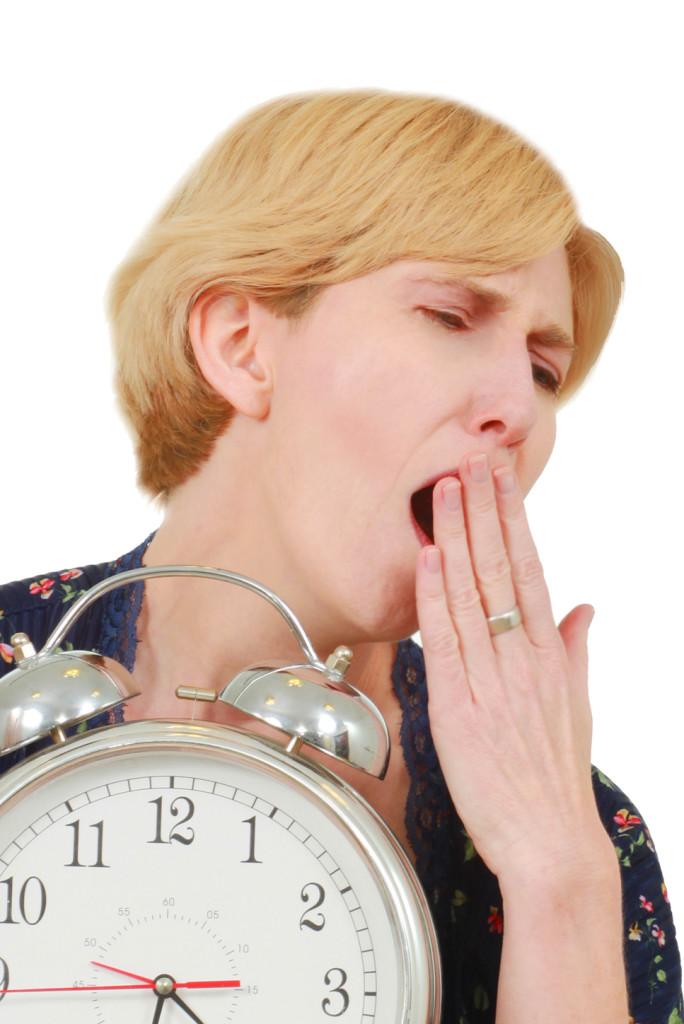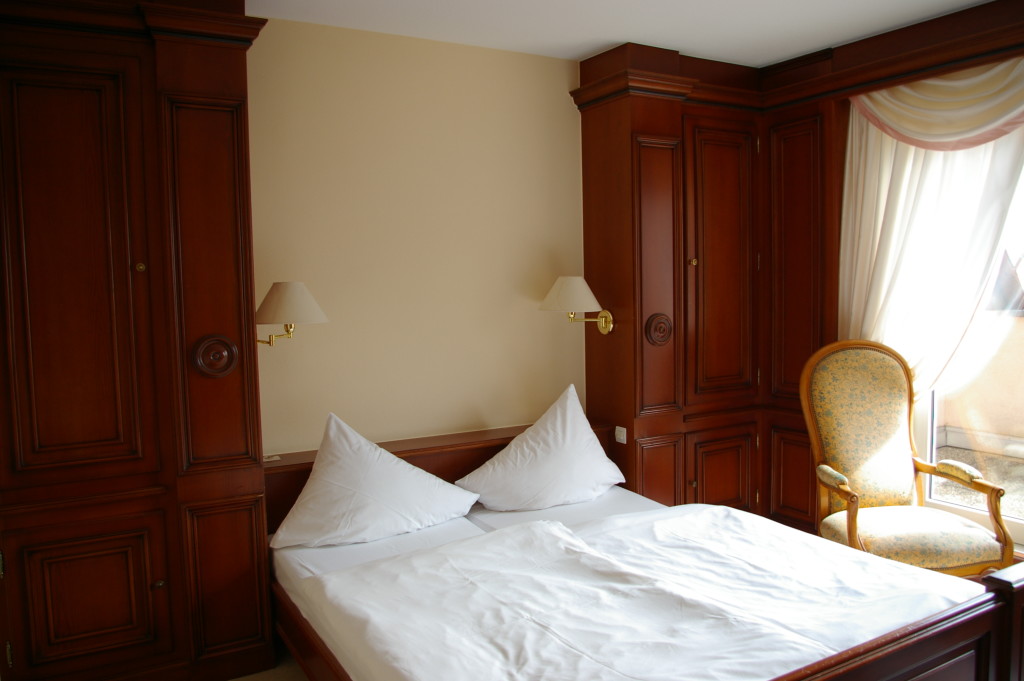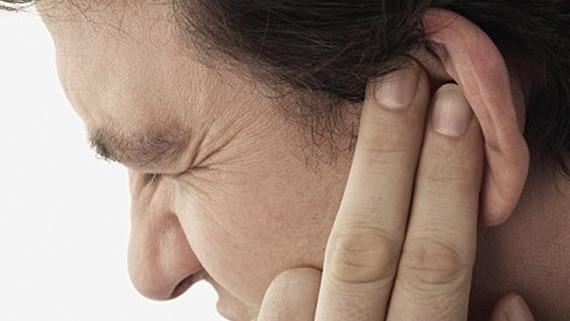Getting a good night of sleep with Tinnitus isn’t as hard as you may think!
Can’t sleep because of tinnitus? The human body carries out a number of crucial tasks during sleep to help maintain good health, so that we can function at our best. Simply put, not getting enough sleep can be dangerous for both our physical and mental health.
Many people with tinnitus find it hard to fall or stay asleep. I for one, would initially be able to fall asleep, but would find myself woken up by my tinnitus several hours later.
Even minimal sleep loss eventually takes a toll on your mood, energy, and ability to handle stress.
But it’s not hopeless, by understanding the principles of your nightly sleep needs and learning sleep tricks, you’ll eventually bounce back from chronic sleep loss. And will get back on to a healthy sleep schedule once more.
Just as exercise and nutrition are essential for optimal health and happiness, so is sleep. The quality of your sleep directly affects the quality of your life, including your mental sharpness, productivity, emotional balance, creativity, immune function, physical vitality, and even your weight. No other activity delivers so many benefits with so little effort! You can go a lifetime without exercise, but you can only go a few weeks without sleep!
Sleep isn’t exactly a time when your body and brain shut off. While you rest, your brain stays busy, overseeing a wide variety of biological maintenance that keeps your body running in top condition, preparing you for the day ahead. Without enough hours of restorative sleep, you won’t be able to work, learn, create, and communicate at a level even close to your true potential. If you let tinnitus deprive you of vital sleep you’re headed for a major mental and physical breakdown. That’s why within the Tinnitus Retrain Program sleep is a primary tool for dealing with troubling tinnitus. Can’t sleep because of tinnitus? Well, read on, because a good night of sleep isn’t far away.
How many hours of sleep do you need?
The average adult, eighteen plus needs between 7.5- 9hrs a night. Sleep deprivation due to tinnitus is common, extremely distressing and counterproductive to healing. During the silence of the night, tinnitus is likely to disturb a good night of sleep, and only intensifies your negative relationship with tinnitus. Which in return compounds and exasperates the problem. The more exhausted you become, the more you are likely to resort to medications to help you sleep.
There is a big difference between the amount of sleep you can get by on and the amount you need to function optimally. Just because you’re able to operate on six hours of sleep doesn’t mean you wouldn’t feel a lot better and get more done if you had an extra hour or two sleeping. The best way to figure out if you’re meeting your sleep needs is to evaluate how you feel as you go about your day. If you’re logging enough hours, you’ll feel energetic and alert all day long, from the moment you wake up until your regular bedtime.
If tinnitus is depriving you of a solid, quality, uninterrupted 8 hours of sleep every night. Chances are you’re sleep deprived, and you probably have no idea just how much this lack of sleep is affecting your ability to overcome tinnitus. The fact is, the less sleep you have the worse your tinnitus will become. With less energy and restorative ability you are not giving your body a chance. Tinnitus can make your sleep inconsistent and sporadic, never quite falling into that restorative deep sleep realm for long enough. This is almost as bad for you as not sleeping at all. You may have had this type of sleeping pattern for quite some time and you may not even remember what it feels like to be wide-awake, fully alert, and firing on all cylinders. Maybe it now feels normal to get sleepy when you’re in a boring meeting, struggling through the afternoon slump, needing that coffee (which intensifies your tinnitus and taxes your adrenals) or dozing off after lunch or dinner, but the truth is that this isn’t normal, you are sleep deprived. The signs of sleep deprivation, like many health issues creep up, they are cumulative in nature.
Sleep deprivation has a wide range of negative effects that go way beyond the intensification of your tinnitus and lack of energy. Sleep deprivation effects immune function, and endocrine regulation, via the modulation of autonomic nervous system activity. In other words during deep sleep, your sympathetic nervous system activity is generally decreased and parasympathetic nervous system activity is increased. Sleep deprivation also increases the likelihood of depression and anxiety.
Want to loose weight?
Ever noticed how when you’re short on sleep you crave sugary foods that give you a quick energy boost? There’s a good reason for that. Sleep deprivation has a direct link to overeating and weight gain. Again, it’s a hormonal link. There are two hormones in your body that regulate normal feelings of hunger and fullness. Ghrelin stimulates appetite, while leptin sends signals to the brain when you are full. However, when don’t get the sleep you need, your ghrelin levels go up, stimulating your appetite so you want more food than normal, and your leptin levels go down, meaning you don’t feel satisfied and want to keep eating. So, the more sleep you lose, the more food your body will crave and we aren’t talking about the right foods here!
So How Do We Achieve a Quality Night of Sleep? Even With Tinnitus!
For those who can’t sleep because of tinnitus a well-planned strategy for a good night of sleep every night is essential. By learning to avoid common enemies of sleep and trying out a variety of healthy sleep- promoting techniques, you can discover your personal prescription to a good night of sleep, every night, even with tinnitus. First off, you are not alone. Everyone suffering from tinnitus has suffered from sleep deprivation at some point. But with a little effort and planning, you can get back on track.
Duration: First off, we want to be aiming for at least seven and a half hours of sleep every night, preferably eight. So make sure you give yourself enough time to achieve this goal every night. Consistency is the key here.
Priority: Just as you schedule time for work and other commitments, you should schedule enough time for sleep. Instead of cutting back on sleep in order to tackle the rest of your daily tasks, put sleep at the top of your to-do list. You must make sleep your number one priority, let nothing get in the way.
Ritual: Getting in sync with your body’s natural sleep-wake cycle is one of the most important strategies for achieving good sleep. If you keep a regular sleep schedule, going to bed and getting up at the same time each day, you will feel much more refreshed and energized than if you sleep the same number of hours at different times. Consistency, regularity is the key.
Set a regular bedtime: Go to bed at the same time every night. Choose a time when you normally feel tired, so that you don’t toss and turn and then just get frustrated. Try not to break this routine on weekends when it may be tempting to stay up late. If you want to change your bedtime, help your body adjust by making the change in small daily increments, such as 15 minutes earlier or later each day.
Wake up at the same time every day: If you’re getting enough sleep, you should wake up naturally without an alarm. If you need an alarm clock to wake up on time, you may need to set an earlier bedtime. As with your bedtime, try to maintain your regular wake-time even on weekends.
Be smart about napping: While taking a nap can be a great way to recharge, especially for older adults, it can make insomnia worse. And it’s usually a sign that you are not fulfilling your sleep quota at night. If insomnia is a problem for you, consider eliminating napping.
Fight after-dinner/lunch drowsiness: If you find yourself getting sleepy way before your bedtime, get off the couch and do something mildly stimulating to avoid falling asleep, such as washing the dishes, calling a friend, or getting clothes ready for the next day. If you give in to the drowsiness, you may have problems sleeping when it’s the right time.
Naturally regulate your sleep-wake cycle: As you know, melatonin is a naturally occurring hormone controlled by light exposure that helps regulate your sleep-wake cycle. Melatonin production is controlled by light exposure. Your brain should secrete more in the evening, when it’s dark, to make you sleepy, and less during the day when it’s light and you want to stay awake and alert.
However, many aspects of modern life can disrupt your body’s natural production of melatonin and with it your sleep-wake cycle! For example, spending long days in an office away from natural light can impact your daytime wakefulness and make your brain sleepy. The same goes for bright lights at night, especially hours spent in front of the TV or a computer screen. This can suppress your body’s production of melatonin and make it harder to sleep. However, there are ways for you to naturally regulate your sleep-wake cycle, boost your body’s production of melatonin, and keep your brain on a healthy schedule.
Increase light exposure during the day
Remove your sunglasses: Can’t sleep because of tinnitus? Let light onto your face. Spend more time outside during daylight. Try to take your work breaks outside in sunlight, exercise outside, walk your dog in daylight instead of at night. If you live in a northern climate buy some waterproofs and take your walks rain or shine.
Let as much light into your home/workspace as possible. Keep curtains and blinds open during the day, and try to move your desk closer to the window.
If necessary, use a light therapy box. Again, if you live in a northern climate, chances are days are short with limited sunshine. A light therapy box can simulate sunshine and can be especially useful.
Boost melatonin production at night
Turn off your television and computer: Many people use the television to fall asleep or relax to at the end of the day. This is a big mistake! Not only does the light suppress melatonin production, but also television can actually stimulate the mind, rather than relaxing it. Listening to music, reading or practicing relaxation exercises is far more effective at preparing you for sleep time.
Don’t read from a backlit device at night (such as an iPad). If you use a portable electronic device to read, use an e-Reader that is not backlit, (one that requires an additional light source such as a bedside lamp).
Change your bright light bulbs. Avoiding bright lights before bed is helpful, use low- wattage bulbs.
When it’s time to sleep, make sure the room is dark. The darker it is, the better you’ll sleep. Cover electrical displays, use heavy curtains or shades to block light from windows, or try a sleep mask to cover your eyes. (I never thought I’d ever like a sleep mask, now I can’t sleep without it!)
Create a relaxing bedtime routine. A peaceful bedtime routine sends a powerful signal to your brain that it’s time to wind down and let go of the day’s stresses.
Make your bedroom more sleep friendly
Keep noise down. This might sound contradictory for those suffering from tinnitus, because we welcome noise! But what I’m meaning is it’s now time to eliminate all stimulating noises. Create a relaxing ambient noise, a noise that masks, relaxes, reassures and soothes the mind. I used to use a wonderful looping app of running water sounds on my phone.
Keep your room cool. The temperature of your bedroom can also affect sleep. The majority of people sleep best in a slightly cool room with adequate ventilation, perhaps a window cracked open for fresh air.
Make sure your bed is comfortable. You should have room to stretch and turn comfortably. If you often wake up with sore neck, aching back, you may need to invest in a new mattress or at the very least a different pillow.
Reserve your bed for sleeping. If you associate your bed with events like work or errands, it will be harder to wind down at night. Keep all stimulating devices out of the bedroom; TV, computers etc. keep your bedroom simple, comfortable, clean and clutter free. You want to have you mind free from stimulation, problems, things you need to do (Like laundry and cleaning) This way, when you go to bed, your body gets a powerful cue, this is where I relax! I’ve personally found, if you can’t sleep because of tinnitus, having a clutter free, clean bed and bedroom, works wonders.
Eat right and get regular exercise. As a rule, stay away from eating big meals at night. Try and keep your last meal of the day in the early evening. Avoid heavy rich food late at night, as well as very spicy food, both can encourage digestive troubles, which can lead to sleep disturbances.
Avoid alcohol. Many people might think that a nightcap before bed will help them sleep, but it’s counterintuitive. While it may make you fall asleep faster, alcohol reduces your sleep quality, waking you up later in the night. To avoid this effect, stay away from alcohol in the hours before bed.
Caffeine. Just like alcohol, you might want to avoid caffeine. You may be surprised to know that caffeine can cause sleep problems ten to twelve hours after drinking it! If this is the case, consider eliminating caffeine after lunch or cutting back your overall intake.
Liquids. Drinking lots of liquid in general in the evening can disrupt your sleep. Due to frequent bathroom trips throughout the night.
Quit smoking. Smoking causes sleep troubles in numerous ways. Nicotine is a stimulant, which disrupts sleep, plus smokers experience nicotine withdrawal as the night progresses, making it hard to sleep.
Invest in a masking device. Our aim with the tinnitus retrain program it to wean you off masking devices and sleeping medication. However, at the beginning stages, sleep is vitally important for moral, energy, healing and enthusiasm. So, I do recommend a masking device to aid you in receiving the benefits of a quality night of sleep.
Keep your anxiety and stress in check. Lastly keep anxiety and stress in check! Easier said than done I know, at tinnitusretrain.com we cover the role stress and anxiety plays on your tinnitus and what you should do about it in order to override your tinnitus and live a trouble free life.
If you can’t sleep because of tinnitus, avoid the temptation to reach for the sleeping pills and give these natural, healthy methods a go!












Comments
Comments are closed.